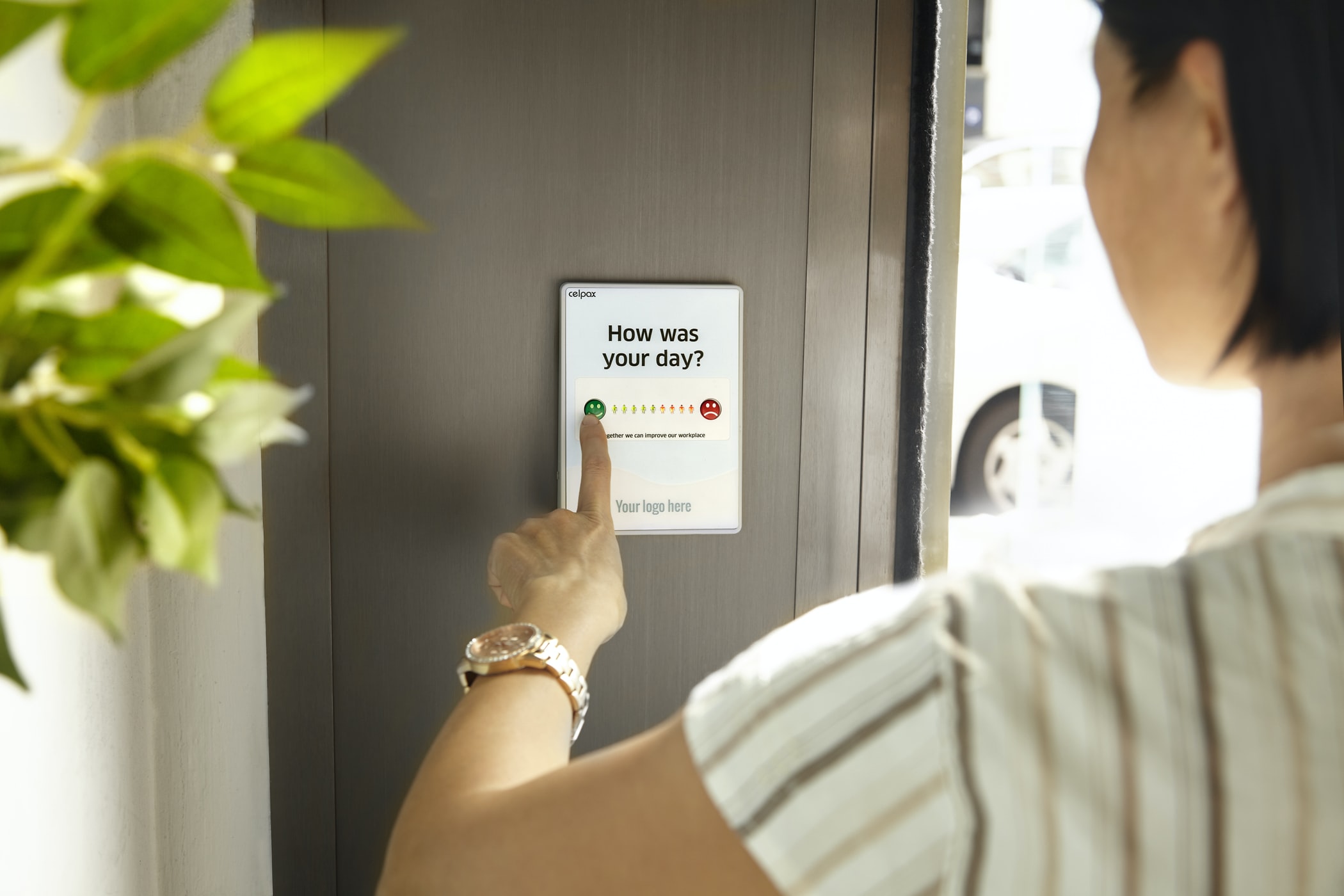

The more you know about your attendees, the easier it’ll be for you to give them an event experience they actually enjoy. That’s why it’s good to ask attendees all the important questions at the very beginning, right when they register for your event. By getting to know them—their interests, requirements, and expectations—you can give them a personalized experience. The information you collect here will also be of use for future events wherein you can segment these lists and run targeted event promotional campaigns.
Here are 10 questions you can ask attendees during registration. These questions will help you understand your attendees better, anticipate their needs, and avoid quite a few blunders during the event.
You’ve probably promoted your event on multiple channels—social platforms, paid ads, email marketing, affiliates, and more. This question can help you find out which of these channels was most successful in marketing your event. It’ll also give you an idea of where your target audience is and how you can reach them more effectively for future events.
You can either leave this question open-ended (where attendees can type their answer) or make it a multiple-choice question with radio buttons (where they can choose one of the options). If you’re going with the latter, have the last option as Other so attendees add their answer manually if it’s not part of the options you’ve stated.
This doesn’t have to be one question. Rather, it can be a section with a series of questions ranging from why they’re attending your event to what speakers and sessions they like and what parts of the event they’re looking forward to most. This will benefit you in two ways:
This information can benefit your sponsors too. First, you can give your tier-one sponsors an opportunity to advertise their services in these session halls or sponsor popular event activities. Second, if your attendees are interested in a particular topic, you can send emails to attendees with sponsored content on those topics. This way, your sponsors get visibility and you get to engage your attendees before the event.

If you’re providing food at your event, this question is an absolute must-have. Ask your attendees about their dietary preferences and their allergies. This will help you design a more inclusive menu for your event. Ideally, you should include gluten-free, nut-free, vegan, vegetarian, halal, kosher, lactose-free, and low-fat options in your menu. However, for most events, you might not need such an extensive menu, especially with so much food being wasted at events. Instead, ask your attendees about their food preferences and plan your menu accordingly. This will also help you more accurately determine how much food of each type you should order for your event.
By law, all events must be accessibility compliant, and the first step in hosting an accessible event is finding out what your disabled attendees need. By asking attendees about their requirements beforehand, you can address their needs in the planning stages of your event. Here are some of the common accommodation requests you might receive:
By talking about accessibility at the very first point of contact, you show attendees that you’re willing to put their comfort first and host an event where everyone is welcome.
This information, though rarely used, is extremely valuable. After all, despite your best efforts, emergencies do happen, and there have been situations—accidents, illness, and unfortunately even death—where event organizers have had to contact an attendee’s family member to inform them of such circumstances. So having it on hand will save you a lot of trouble.
Your attendees will be arriving from all over the country, maybe even the world. Knowing how and when they’re arriving and where they’ll be staying can be useful for you. Also, if it’s a multi-day event, you can use this section to ask them if they’ll need accommodation if they’re okay with having a roommate, and what other facilities they’ll require.
You can also use their arrival times to plan for group transportation by sending a bus to the airport or metro station. This will be easy on your attendee’s budget and help you host a more sustainable event. Lastly, by knowing when most attendees will be arriving, you can plan for better crowd management and socially-distanced event check-in. That last one is especially important nowadays with COVID-19 transmission still being a big concern at onsite events.
Most people are active on at least one social platform (though it's often more)—Twitter, LinkedIn, Instagram, Facebook, and, for younger generations, even TikTok and Snapchat. Getting this information will also help you know which platforms to concentrate on with your event marketing campaigns. At the same time, you can also use this information to build a buzz around your event on those platforms.
Are you planning to give away shirts, hoodies, or even footwear as part of your event’s swag kit? Then get your attendees’ sizes during event registration so you know how many orders to place for each size. If you’ve got these items in multiple colors, you can even ask attendees which color they’d prefer.
If you’re hosting a virtual event but are planning to send attendees physical swag or you’re sending them a food coupon for lunch, you need to find out their location details so you know where to send the swag.
For a lot of event organizers, data privacy came to the forefront with the European Union’s General Data Protection Regulation (GDPR), one of the strictest data protection laws in recent times. But it’s not only the EU that has revised its data protection laws to address current situations. Most countries have their own version of the GDPR that they expect organizations to follow, and one of the main points everywhere is “consent”. It’s important you have a checkbox—that must be made mandatory—at the bottom of your event registration form that requires your attendees’ agreement to your event’s Terms and Conditions and Privacy Policy. Make sure to link both policies here so attendees can read them and understand how their data will be used.
Just like the Terms and Conditions and Privacy Policy documents, liability waivers are another thing that can protect you and your event. Waivers are believed to reduce a lot of frivolous suits. An Accident Waiver and Release of Liability sub-form can be included as part of the registration form to educate attendees about the risks associated with the event and tell them you won’t be held liable for accidents or injuries caused. While some people do get these forms signed during check-in, doing it as part of the registration process is easier and takes the load off you on the event day.
Today, many event management and event ticketing platforms allow you to customize the event registration form to include any specific question you might want to ask your attendees. This makes it so much easier to get all the details in one go. However, remember to ask only the most important questions during registration. Long registration forms can also mean attendees skipping questions or even leaving midway without registering for your event, so ask only the super important questions during registration.
We hope you found this article helpful. What questions do you think are must-haves? Let us know in the comments below.
If, like us, you're more of a social person, let's connect on Twitter (@ZohoBackstage) and we'll keep you up-to-date with all the latest event news.
Nisha Marketing and content at Zoho Backstage. Cultural misfit. Armchair traveler. Productivity geek. Sometimes, I write poetry. Sometimes, it rhymes.
Your email address will not be published. Required fields are marked
Your browser does not support the video tag.



Sign up here and get all the most relevant MICE industry content delivered right to your inbox once a month.